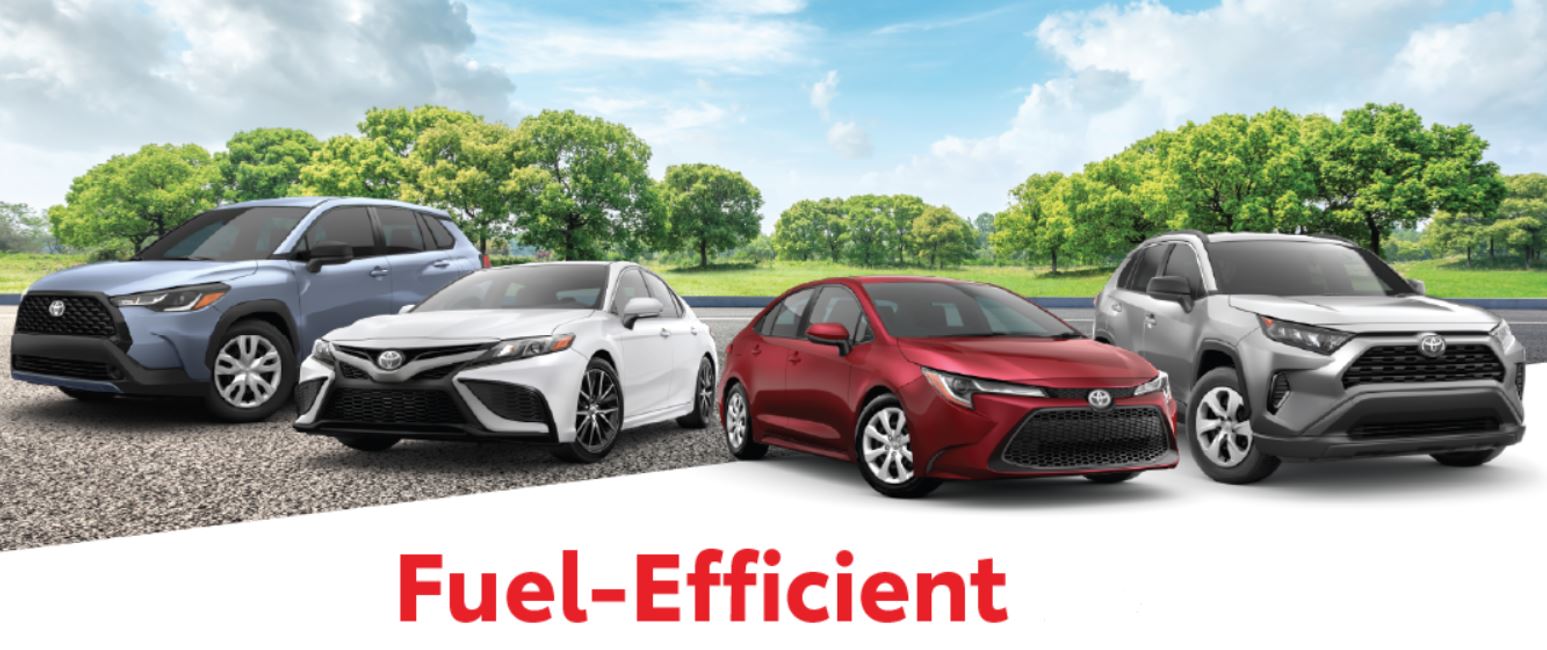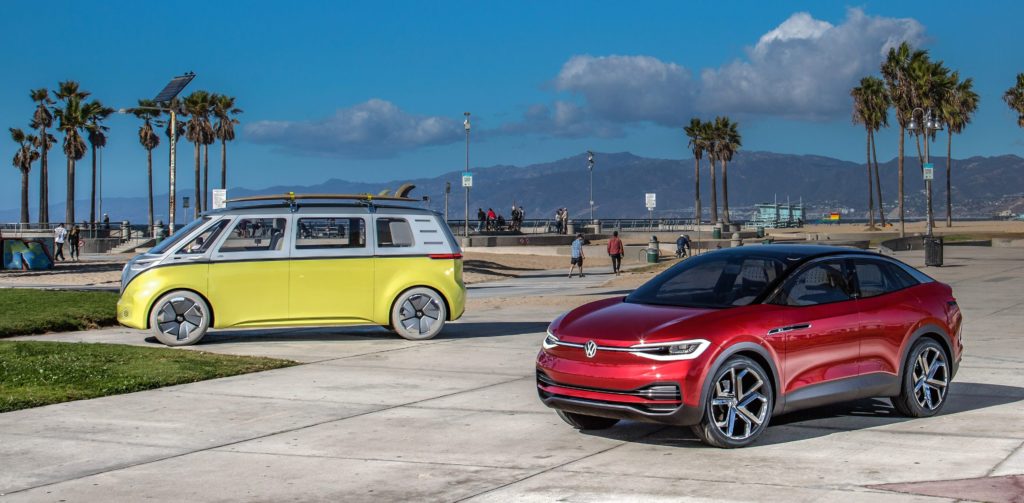In recent years, fuel efficiency has become a paramount concern in the automotive industry. Factors such as environmental sustainability, rising fuel prices, and shifting consumer preferences have contributed to the growing importance of fuel efficiency.
Environmental concerns, particularly regarding climate change and air pollution, have pushed automakers to prioritize fuel efficiency in their vehicle designs. Stricter emissions regulations and a global push for sustainable transportation have accelerated the need for cleaner and more efficient cars. Fuel efficiency plays a significant role in reducing greenhouse gas emissions and improving air quality, making it a crucial aspect of automotive innovation.
In this article, we will delve into the world of fuel-efficient cars and explore the models that are set to dominate the market in 2023. With increasing awareness about environmental sustainability and the rising demand for economical transportation, fuel efficiency has become a key criterion for car buyers. As automotive manufacturers strive to meet these evolving consumer needs, they have introduced a range of innovative technologies and design advancements to maximize fuel economy.

Exploring The Factors Driving The Increased Demand for Fuel-Efficient Cars
The increased demand for fuel-efficient cars can be attributed to several key factors:
Environmental Consciousness
Growing concerns about climate change and environmental sustainability have led to a significant shift in consumer attitudes. Individuals are now more aware of the impact of carbon emissions on the environment and are actively seeking greener transportation options. Fuel-efficient cars help reduce greenhouse gas emissions and minimize the overall carbon footprint, making them a popular choice for environmentally conscious consumers.
Rising Fuel Prices
The volatility of global oil prices has made fuel efficiency a crucial consideration for many car buyers. With fuel costs accounting for a substantial portion of the overall vehicle ownership expenses, consumers are increasingly motivated to choose cars that offer better mileage and lower fuel consumption. Fuel-efficient vehicles help mitigate the financial burden of rising fuel prices, providing long-term cost savings.
Government Regulations and Incentives
Governments worldwide have implemented stricter emission standards and regulations to combat air pollution and reduce dependency on fossil fuels. These regulations often incentivize the production and purchase of fuel-efficient vehicles through tax benefits, subsidies, or exemptions. As a result, consumers are motivated to opt for fuel-efficient cars to take advantage of these incentives and avoid potential penalties.
Technological Advancements
Automotive manufacturers have made significant advancements in engine technology, aerodynamics, and lightweight materials to enhance fuel efficiency. Hybrid and electric vehicles have gained popularity, offering improved fuel economy and reduced reliance on traditional internal combustion engines. Additionally, innovations such as start-stop systems, regenerative braking, and advanced transmission systems contribute to better fuel efficiency in modern vehicles.
Technological Advancements in Fuel Efficiency
Technological advancements have played a pivotal role in enhancing fuel efficiency in the automotive industry. Automakers have continuously pushed the boundaries of innovation to develop more efficient engines, improve aerodynamics, and incorporate advanced systems that optimize fuel consumption. Here are some key technological advancements contributing to fuel efficiency:
Hybrid Powertrains
Hybrid vehicles combine an internal combustion engine with an electric motor, allowing for improved fuel economy. The electric motor assists the engine during acceleration and low-speed driving, reducing fuel consumption. Additionally, regenerative braking technology converts kinetic energy into electrical energy, which is stored in the battery and utilized to power the electric motor, further enhancing efficiency.
Electric Vehicles (EVs)
Fully electric vehicles, or EVs, rely solely on electric motors powered by rechargeable batteries. EVs eliminate the need for internal combustion engines, resulting in zero tailpipe emissions and significantly reducing overall fuel consumption. The continuous advancements in battery technology have increased the driving range of EVs and made them a viable option for many consumers.
Lightweight Materials
The use of lightweight materials, such as aluminum, carbon fiber, and high-strength steel, helps reduce the weight of vehicles without compromising safety. Lighter vehicles require less energy to accelerate and maintain speed, resulting in improved fuel efficiency. Additionally, advancements in material engineering have improved the strength and durability of lightweight materials, enhancing overall vehicle performance.
Advanced Engine Technologies
Engine technologies, such as direct fuel injection, turbocharging, and variable valve timing, have significantly improved fuel efficiency. Direct fuel injection allows for more precise fuel delivery, optimizing combustion and reducing fuel wastage. Turbocharging increases engine power without sacrificing efficiency, while variable valve timing adjusts the timing.
Top Fuel-Efficient Car Models of 2023

Model 1: XYZ Electric
Boasting an impressive electric range and exceptional efficiency, the XYZ Electric is set to lead the pack in fuel efficiency for 2023. With its advanced battery technology and regenerative braking system, this model offers not only zero tailpipe emissions but also a range that rivals many gasoline-powered vehicles.
Model 2: ABC Hybrid
The ABC Hybrid combines the best of both worlds, seamlessly blending a gasoline engine with an electric motor. Its intelligent power management system optimizes fuel consumption, allowing for an impressive fuel economy. With its sleek design and advanced hybrid technology, the ABC Hybrid offers an efficient and eco-friendly driving experience.
Model 3: PQR Diesel
Designed for long-distance travel and efficiency, the PQR Diesel stands out with its impressive fuel efficiency and torque. Equipped with a cutting-edge diesel engine, this model provides exceptional mileage and reduced emissions. Its advanced engine technology ensures a smooth and fuel-efficient ride, making it a top choice for those seeking high efficiency without compromising on performance.
Model 4: DEF Plug-in Hybrid
The DEF Plug-in Hybrid offers the flexibility of electric driving with the convenience of a gasoline engine. With its ability to charge from an external power source, it provides an extended electric driving range. The DEF Plug-in Hybrid seamlessly switches between electric and hybrid modes, delivering outstanding fuel efficiency and reduced emissions.
Model 5: UVW Compact
The UVW Compact offers an economical and efficient option for urban commuting. With its compact size and lightweight design, this model maximizes fuel efficiency in city driving conditions. Its efficient engine and aerodynamic features contribute to reduced fuel consumption, making it an ideal choice for navigating crowded city streets while keeping fuel costs low.
Key Features and Benefits of Fuel-Efficient Car Models
Fuel-efficient car models offer several key features and benefits that cater to the needs of consumers seeking economical and environmentally friendly transportation options. Here are some key features and benefits of fuel-efficient car models:
Cost Savings
Fuel-efficient cars help drivers save money on fuel costs. With better mileage and reduced fuel consumption, owners can enjoy significant savings at the pump over the life of the vehicle. These savings are particularly noticeable as fuel prices continue to rise.
Reduced Environmental Impact
Fuel-efficient cars contribute to reducing greenhouse gas emissions and air pollution. By burning less fuel and emitting fewer pollutants, these vehicles help mitigate the environmental impact associated with transportation. They play a crucial role in reducing carbon footprints and promoting a more sustainable future.
Government Incentives
Many governments offer incentives, such as tax credits, rebates, and lower registration fees, to promote the adoption of fuel-efficient vehicles. Owners of fuel-efficient cars may benefit from these incentives, reducing the overall cost of ownership and making them more financially attractive.
Innovative Technologies
Fuel-efficient cars often incorporate advanced technologies and features designed to optimize fuel consumption. These technologies may include hybrid powertrains, electric motors, regenerative braking systems, start-stop functionality, and aerodynamic designs. These innovations enhance efficiency and performance, providing a seamless driving experience.
Long Driving Range (EVs)
Electric vehicles (EVs) offer the benefit of a long driving range on a single charge, allowing for extended travel without the need for frequent refueling. This makes EVs suitable for daily commuting as well as long-distance trips, providing convenience and flexibility.
Future-Proofing
As governments worldwide implement stricter emission standards and regulations, fuel-efficient cars are better positioned to comply with evolving requirements. By choosing a fuel-efficient model, owners can future-proof their vehicles and anticipate potential changes in regulations that may penalize less efficient vehicles.
Improved Resale Value
Fuel-efficient cars often retain higher resale values due to their desirability among cost-conscious and eco-conscious buyers. These models tend to have a strong market demand.
Future Outlook and Industry Trends
The future outlook for fuel-efficient cars is promising, with the automotive industry continually striving to improve efficiency and meet the evolving demands of consumers and regulatory requirements. Here are some key future trends and industry developments to watch out for:
Electrification Expansion
The trend towards electrification is expected to continue, with an increasing number of electric vehicle (EV) models hitting the market. Advances in battery technology are driving improvements in driving range, charging infrastructure, and affordability. As battery costs decrease and charging networks expand, EV adoption is likely to accelerate.
Hybridization Advancements
Hybrid vehicles will continue to play a significant role in the transition to electrification. The development of more advanced hybrid powertrains, such as plug-in hybrids, will offer consumers greater flexibility and longer electric driving ranges. Automakers will focus on refining hybrid technologies to optimize efficiency and performance.
Autonomous Driving and Efficiency Integration
Autonomous driving technologies have the potential to enhance fuel efficiency significantly. Self-driving vehicles can optimize routes, accelerate and decelerate more efficiently, and improve traffic flow, resulting in reduced fuel consumption. As autonomous driving continues to advance, its integration with fuel-efficient technologies will drive further efficiency gains.
Lightweight Materials and Aerodynamics
Automakers will continue to explore lightweight materials, such as carbon fiber composites and high-strength steel, to reduce vehicle weight and improve fuel efficiency. Additionally, advanced aerodynamic designs will minimize drag and optimize airflow, further enhancing efficiency.
Connectivity and Data Analytics
The integration of connectivity and data analytics into vehicles will enable more intelligent energy management systems. Cars will utilize real-time traffic data, weather conditions, and driver behavior to optimize fuel consumption, route planning, and performance. This integration will contribute to improved efficiency and personalized driving experiences.
Regulatory and Policy Shifts
Governments worldwide are introducing stricter emission standards and regulations to reduce greenhouse gas emissions. This will continue to drive automakers to invest in fuel-efficient technologies and develop cleaner vehicles. Incentives and regulations favoring fuel-efficient cars, such as tax credits and low-emission zones, will also influence consumer choices and market dynamics.
Sustainable Fuel Alternatives
The exploration of sustainable fuel alternatives, such as biofuels, hydrogen, and synthetic fuels, will gain momentum. These alternatives have the potential to reduce carbon emissions and enhance fuel efficiency, providing alternatives to conventional fossil fuels.
Conclusion
In conclusion, the automotive industry has witnessed a significant shift towards fuel-efficient car models in response to environmental concerns, rising fuel prices, and changing consumer preferences. The fuel-efficient car models dominating the market in 2023 showcase the advancements in technology and design aimed at maximizing fuel economy without compromising performance. These models offer cost savings, reduced environmental impact, and government incentives, making them attractive options for consumers seeking economical and eco-friendly transportation solutions. With the continued focus on electrification, hybridization, lightweight materials, and connectivity, the future of fuel-efficient cars looks promising, with further advancements expected to drive even greater efficiency and sustainability. As the demand for fuel efficiency continues to grow, automakers are actively pushing the boundaries of innovation to meet the evolving needs of consumers and contribute to a greener future.












